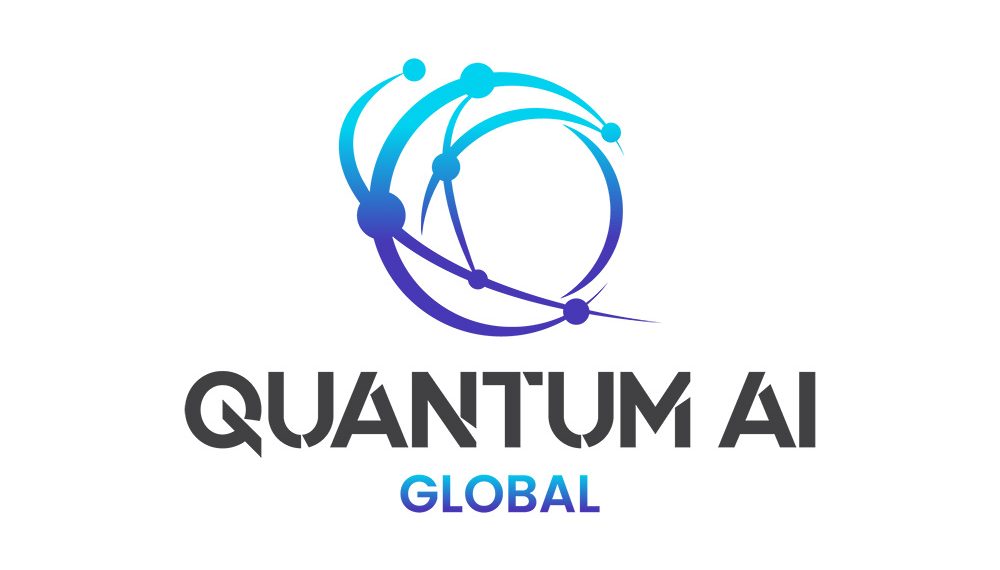Quantum AI is rapidly emerging as a pivotal force capable of dramatically reshaping industries ranging from finance to healthcare. This cutting-edge combination of quantum computing and artificial intelligence promises unprecedented computational power, enabling businesses to tackle complex challenges with unparalleled efficiency and precision.
Quantum AI leverages the unique capabilities of quantum mechanics, utilizing qubits that can exist in multiple states simultaneously, unlike traditional bits limited to 0 or 1. This allows quantum computers to process information exponentially faster, transforming tasks that are currently infeasible for classical computers. When paired with AI’s pattern recognition and predictive capabilities, Quantum AI becomes an extraordinary tool for businesses seeking to optimize operations and drive innovation.
The accessibility of Quantum AI is increasing as tech giants like Microsoft, Amazon, Google, and IBM offer Quantum computing as a service. Businesses of all sizes can now experiment with Quantum AI capabilities without the need for significant infrastructure investments, democratizing access to this transformative technology.
In healthcare, Quantum AI holds the potential to revolutionize drug discovery by simulating complex chemical reactions with unmatched accuracy. This capability could lead to groundbreaking treatments for previously incurable diseases, significantly impacting global health. Meanwhile, in finance, Quantum AI could enhance risk assessment and portfolio optimization by analyzing extensive market data, providing investors with a decisive competitive edge.
Quantum AI’s influence extends beyond these sectors. For example, climate modeling could benefit from more precise predictions, aiding in the development of effective strategies to combat climate change. In cybersecurity, the technology could both challenge current encryption methods and offer quantum-resistant solutions, safeguarding sensitive data.
However, businesses must also navigate the ethical considerations associated with Quantum AI. The potential for misuse in surveillance and privacy infringement poses significant risks. Additionally, the technology may disrupt job markets, rendering certain skills obsolete while creating new opportunities. Ensuring equitable access and usage will be crucial in maximizing benefits while mitigating societal impacts.
The road ahead requires businesses to strategically position themselves to capitalize on Quantum AI’s potential. Understanding its implications and preparing for its integration into industry practices will be essential for maintaining competitive advantage. Policymakers, too, must craft regulations that foster innovation while addressing ethical concerns.
Quantum AI’s transformative power holds the promise of unlocking new realms of scientific and economic advancement. As businesses prepare for this quantum future, embracing the opportunities and challenges it presents will be key to harnessing its full potential for sustainable growth and problem-solving across all sectors.









